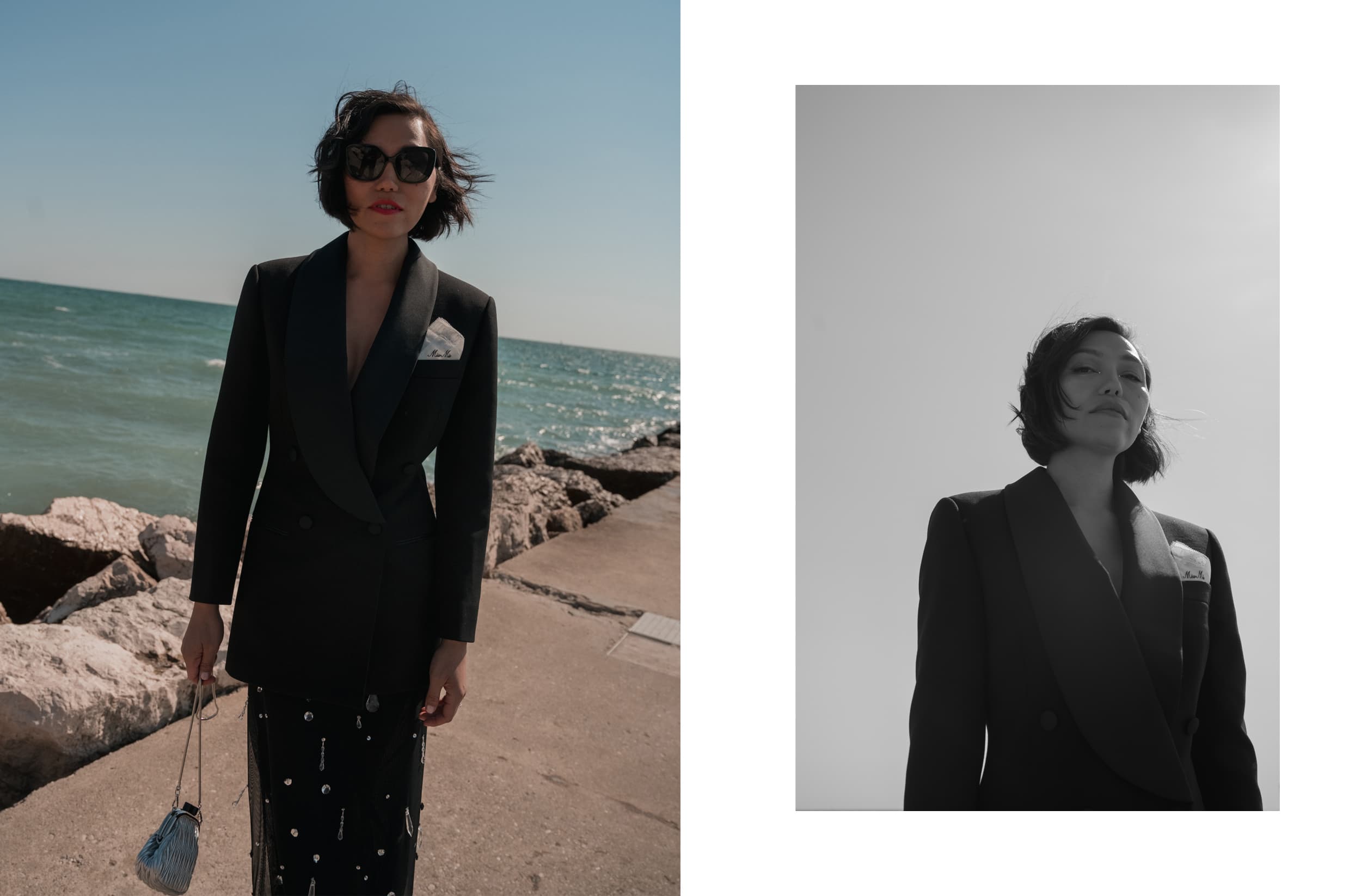“Shangri-la” is the twenty-first short movie of the series Miu Miu Women’s Tales, the story of a prohibited love set in California during the Great Depression.
On the occasion of the short-movie showcase at Venice Film Festival’s Giornate degli Autori, we met, for the second of a (hopefully) long series of times, the director, screenwriter, editor, and actress of the short film, Isabel Sandoval.
Through an excursus on her own experience as a director, her new project, her sources of inspiration, and the challenges she had to face while making a movie during a pandemic, Isabel opened for us the doors of her fascinating inner universe, telling us about her goals, political and social views, and film style, where “desire” is the keyword and “emotion” is the direction.
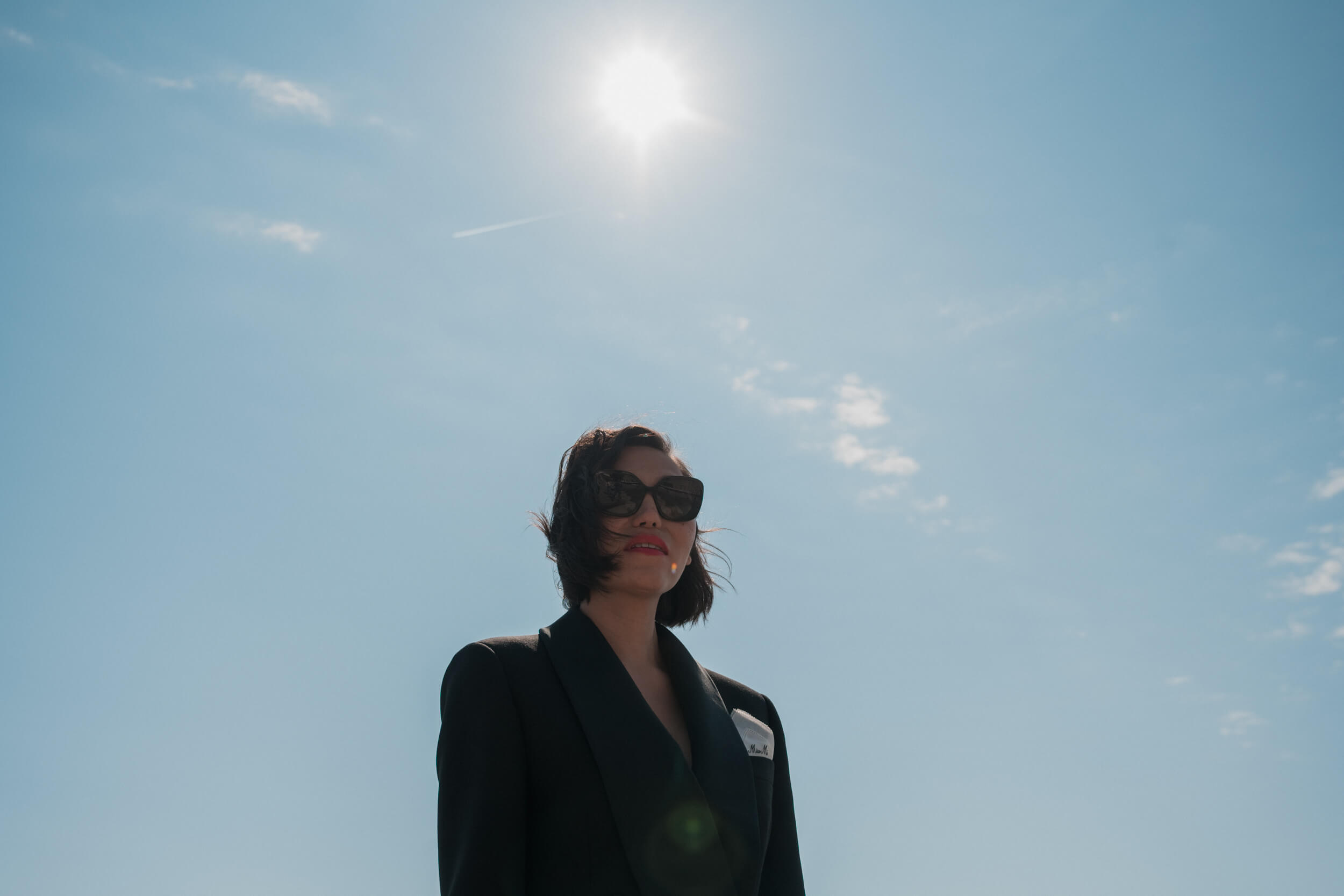
We’ve met before for your movie “Lingua Franca,” which I loved, and when I knew you were going to be here again, I immediately thought, “I have to talk to her again…”. The Miu Miu Women’s Tales is a great platform: what was it like for you to have this opportunity and what would you like to convey through this platform?
Through the Miu Miu Women’s Tales, which really is a welcome and fantastic opportunity for me to explore something new in the industry. My previous work had always focused on outwardly, sociopolitical issues, by starting with “Lingua Franca,” which premiered here two years ago, that was also the first time that my film, although it had a strong political theme, started to have a tone and a mood that was smart, poetic and lyrical and sensuous, which is something that I took to another level here in “Shangri-la:” It’s still very much set in a specific political milieu, the Great Depression in California, and during that time there were laws prohibiting Filipinos immigrants from marrying Americans, but in this film, essentially, it is the feeling of desire and sensuousness and pleasure that takes over the second half of the film, when we enter the woman’s internal monologue. That is an aesthetic and creative direction that I want to push for more, moving forward. Nothing is more political and more radical and subversive than just allowing a woman to experience and manifest that desire.
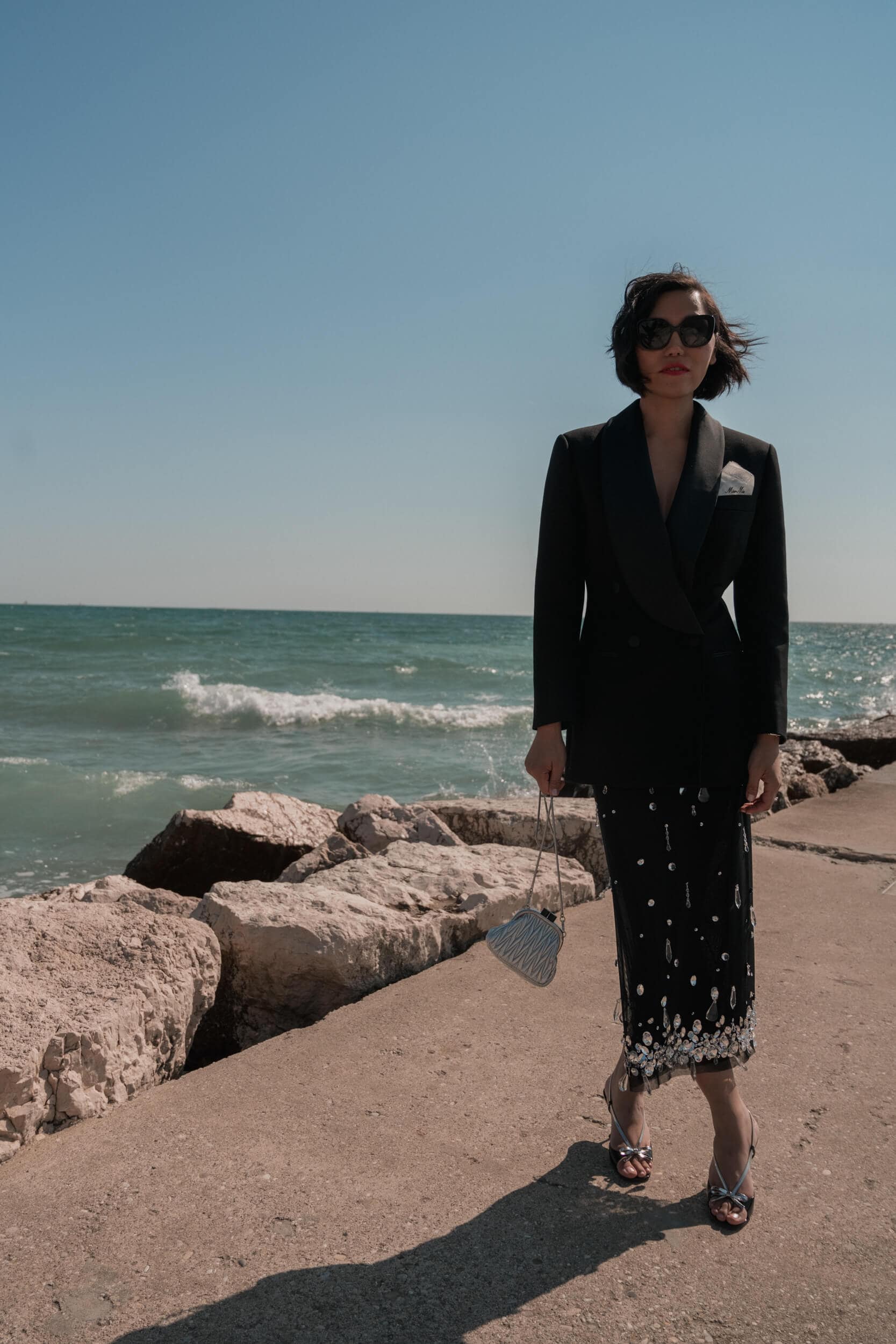
“Nothing is more political and more radical and subversive than just allowing a woman to experience and manifest that desire.”
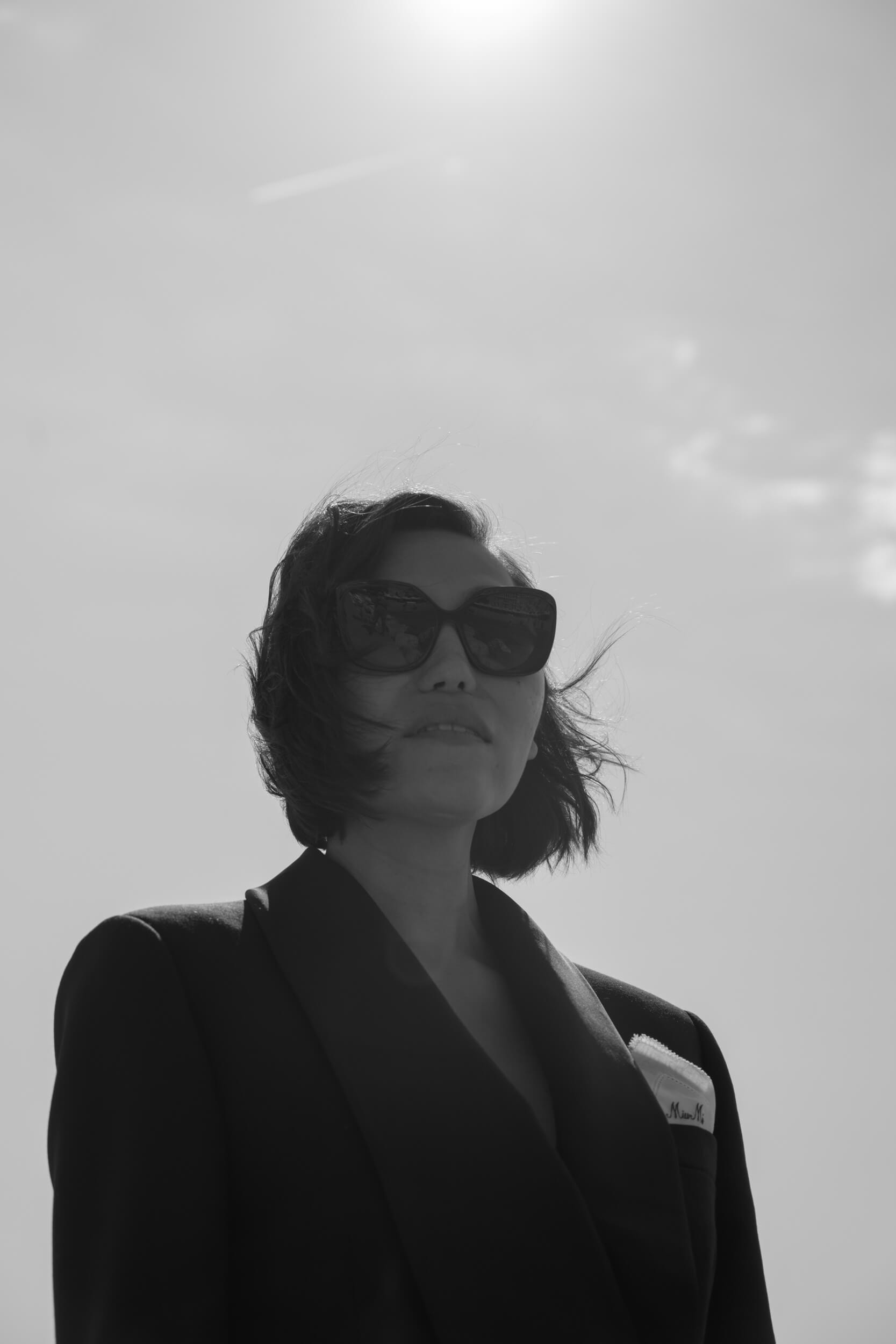
You also talk a lot about seduction. It’s really freeing to talk about all this stuff, right? And aesthetically, it’s amazing. What’s seduction for you?
Seduction for me is arousing and eliciting that feeling of desire. For instance, when you’re watching a film, as a director you want to create that feeling of desire in the audience, and having lived through a pandemic, in the last year and a half, I think that is a feeling that I would want, as an audience and a lover of film as well, to experience when I’m engaging with art and cinema. I feel like earlier in my work it’s always a feeling of kind of eliciting guilt or shame about what you’re not doing about this current social issue, but now I want my cinema, and the cinema that I watch, to inspire me, uplift me, and expand my sense of my own possibilities, and that’s what I’m trying to do with “Shangri-la.”
Earlier you said something really interesting because you said that, after you did “Lingua Franca,” you felt more at home in the USA. Has “Shangri-La”, or your next movie “Tropical Gothic,” changed something else in you, or made you feel something new?
Yes. “Lingua Franca” was my first film set in the US, but “Tropical Gothic” is my first film that sees me wrestling with the relationship I have in the US as both my current home and as a colonizer of the Philippines because after Spain occupied the Philippines, it was then the US. So, through “Tropical Gothic” I’m trying to analyze my own relationship with colonialism and imperialism.
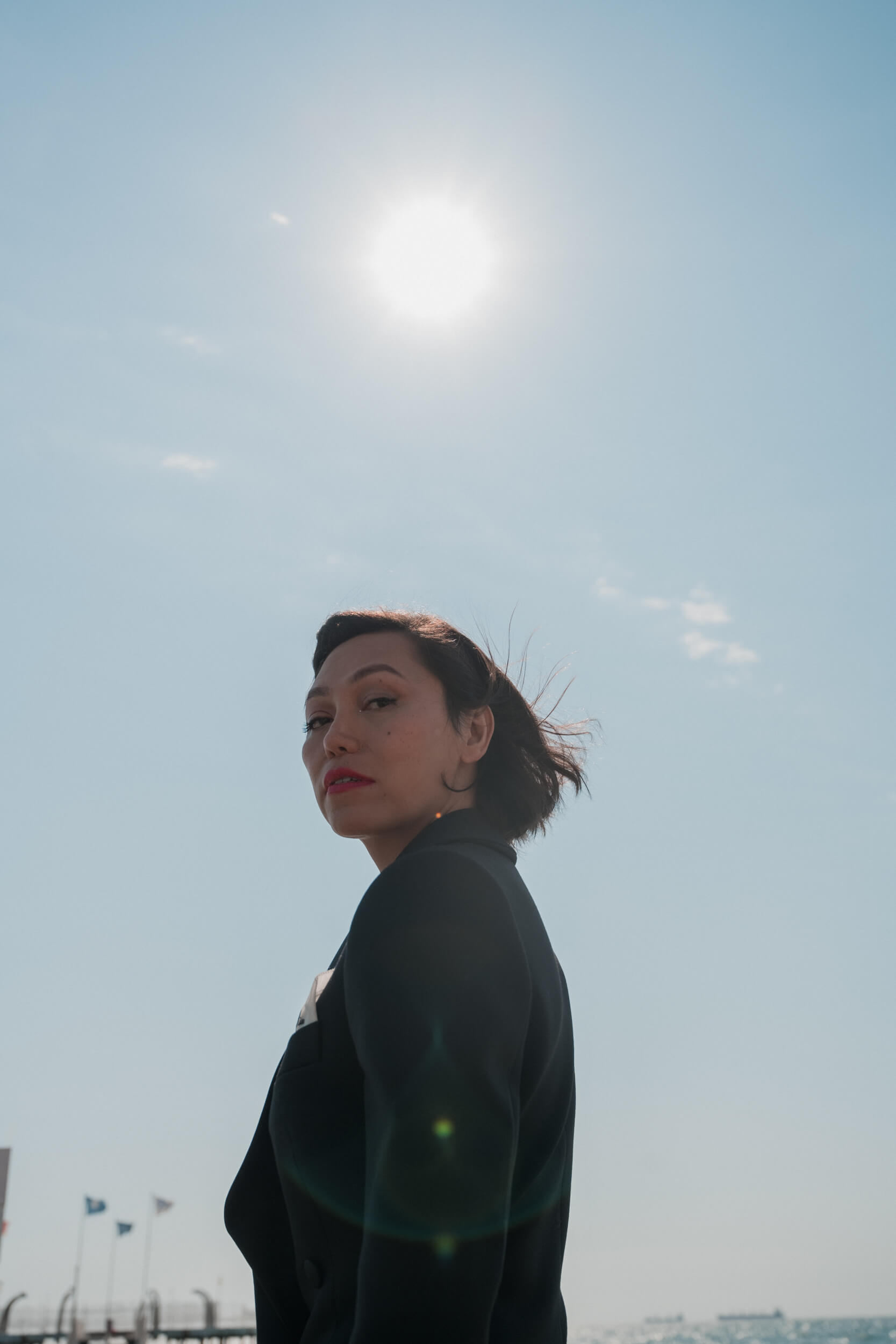
“Seduction for me is arousing and eliciting that feeling of desire.”
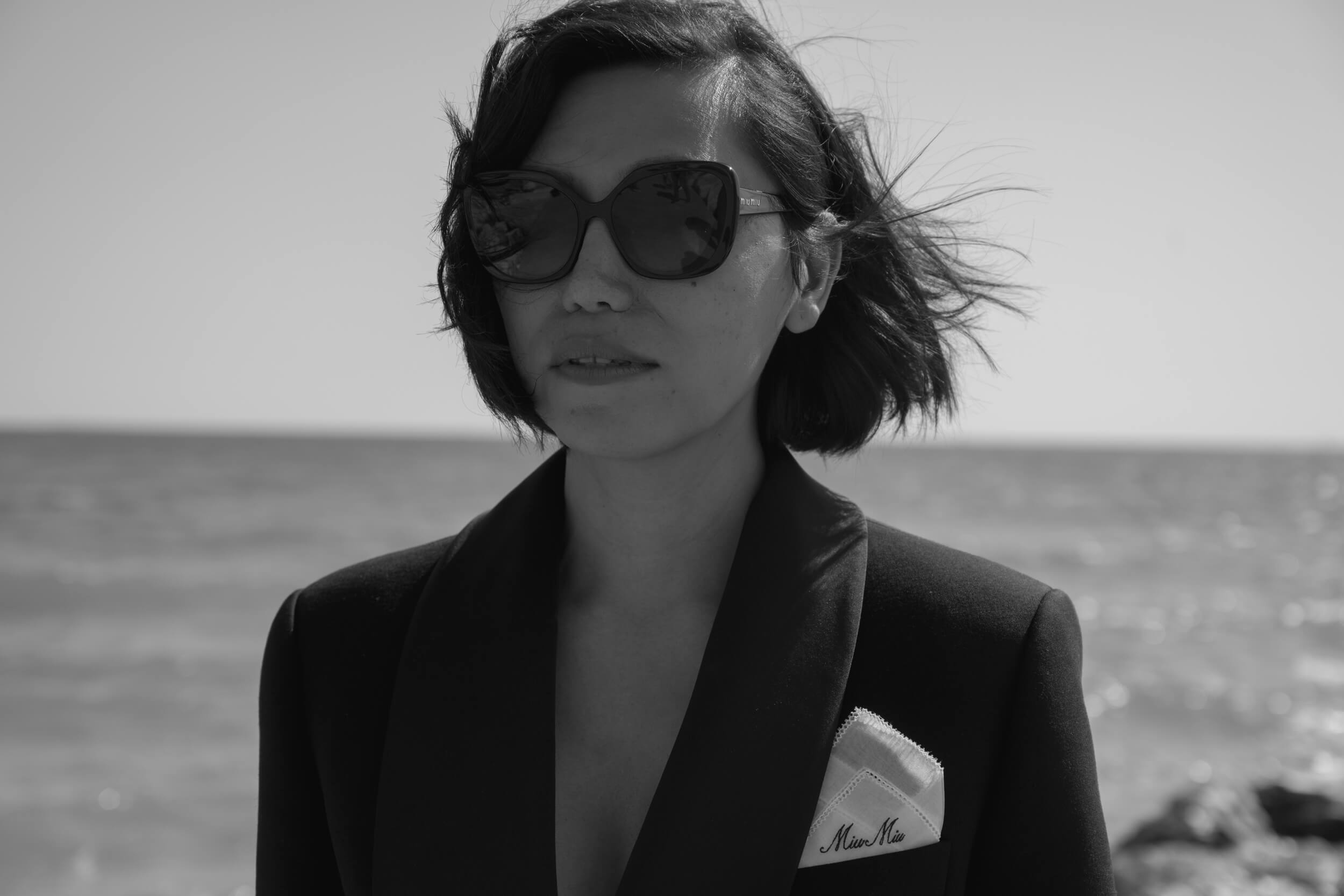
The title suggests an idea of paradise, a place where everything is possible. What’s your idea of Shangri-la in the real world?
My idea of Shangri-la in the real world is a woman feeling that she has no limits and bounds and that she can be completely and authentically most herself when she’s freest. In “Shangri-la,” even though she is a poor immigrant, a farmworker, she’s able to imagine herself as a warrior, a princess, and a goddess; I think that if we have that internal fortitude and strength within us, that gives us the energy and the capacity to take on the problems that we face in the real world.
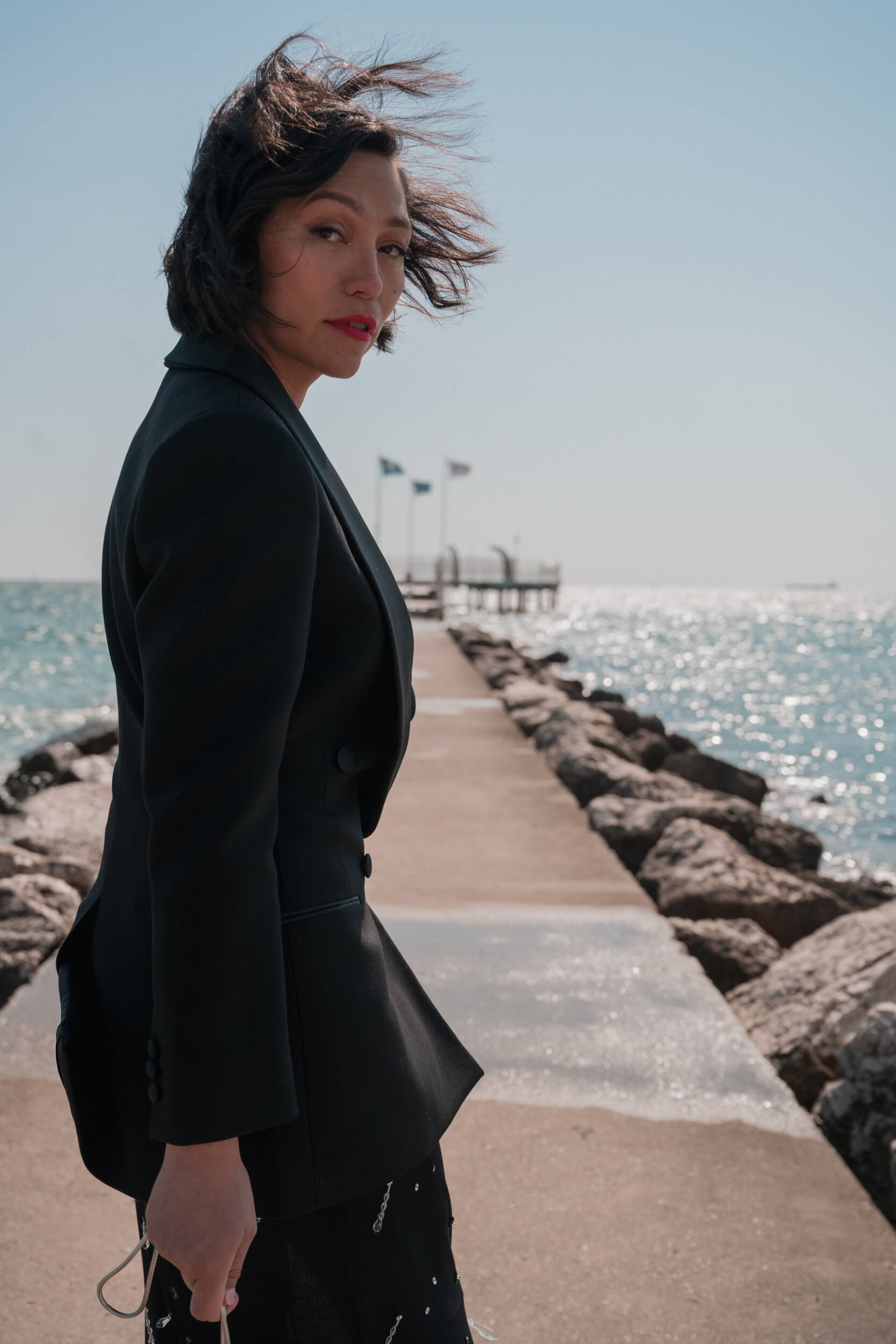
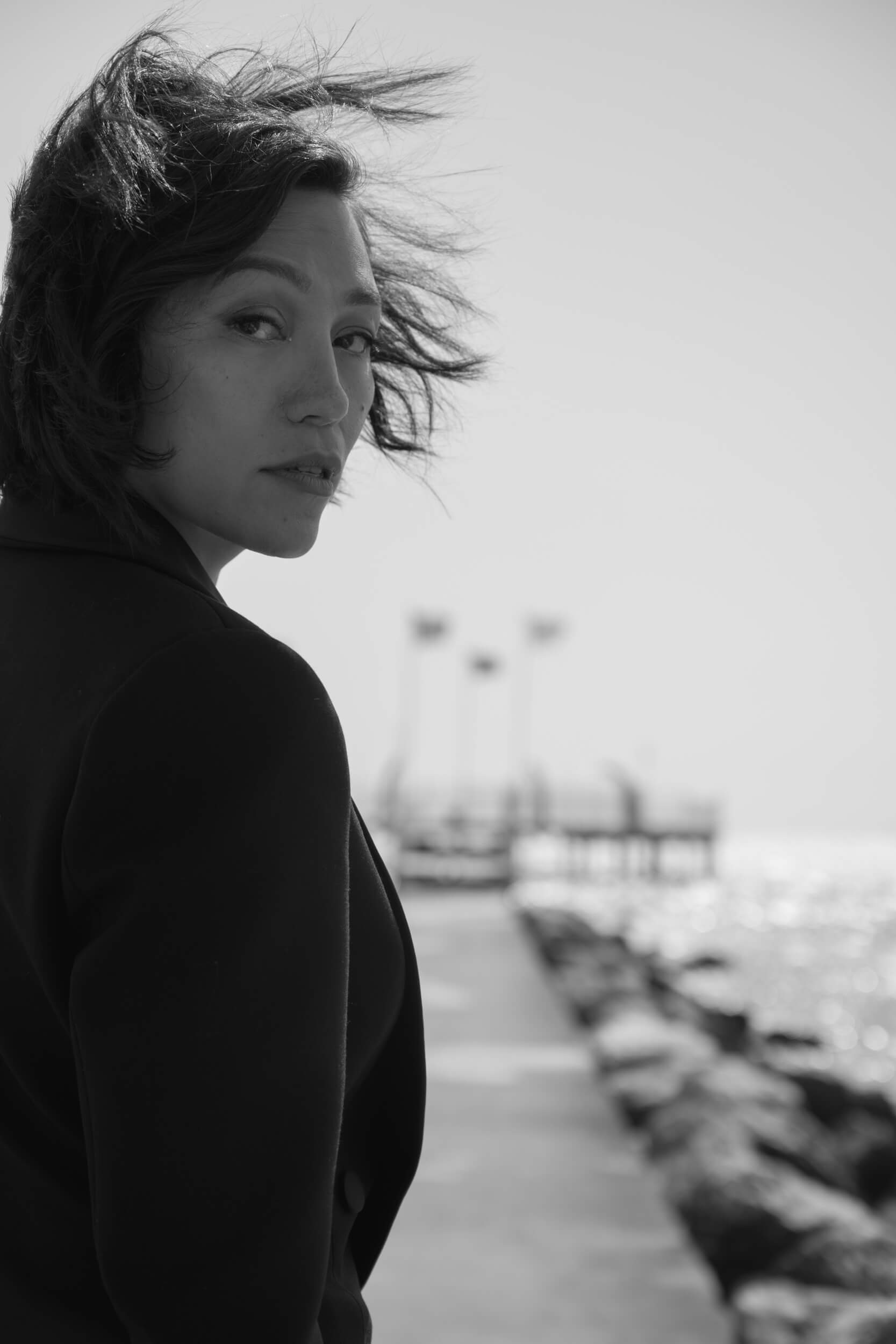
I think it’s very poetic what you said during the whole short movie. Was it difficult? Was it a process you had to work a lot on or was it more like a flow?
When I was making “Shangri-la,” I shot it in LA, in the soundstage, in December, when LA was at the center of the pandemic, so I didn’t really have a lot of time, to be honest, to really prep. I live in North Carolina, but when I flew to LA, I had to quarantine for 12 days, and I was nervous the whole time because if I tested positive, the whole thing would shut down. When I was on set was when I really felt utmost organic and right to me the creative decisions that I made. Looking back, that was when I realized what my evolution as a filmmaker was in terms of what my priorities and aesthetic preferences are now, to highlight and portray desire, and be truly radical, revolutionary.
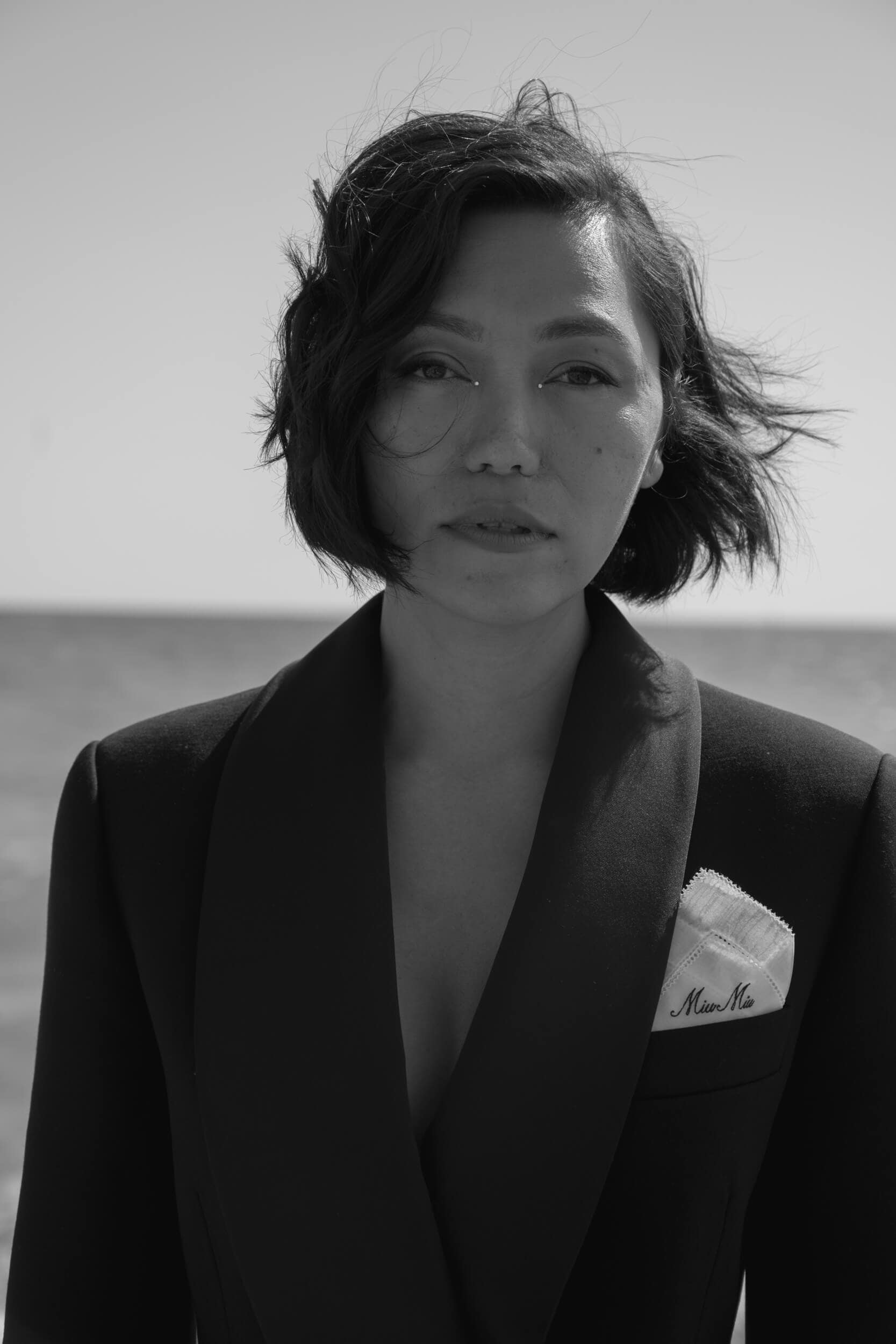
“Looking back, that was when I realized what my evolution as a filmmaker was in terms of what my priorities and aesthetic preferences are now, to highlight and portray desire, and be truly radical, revolutionary. “
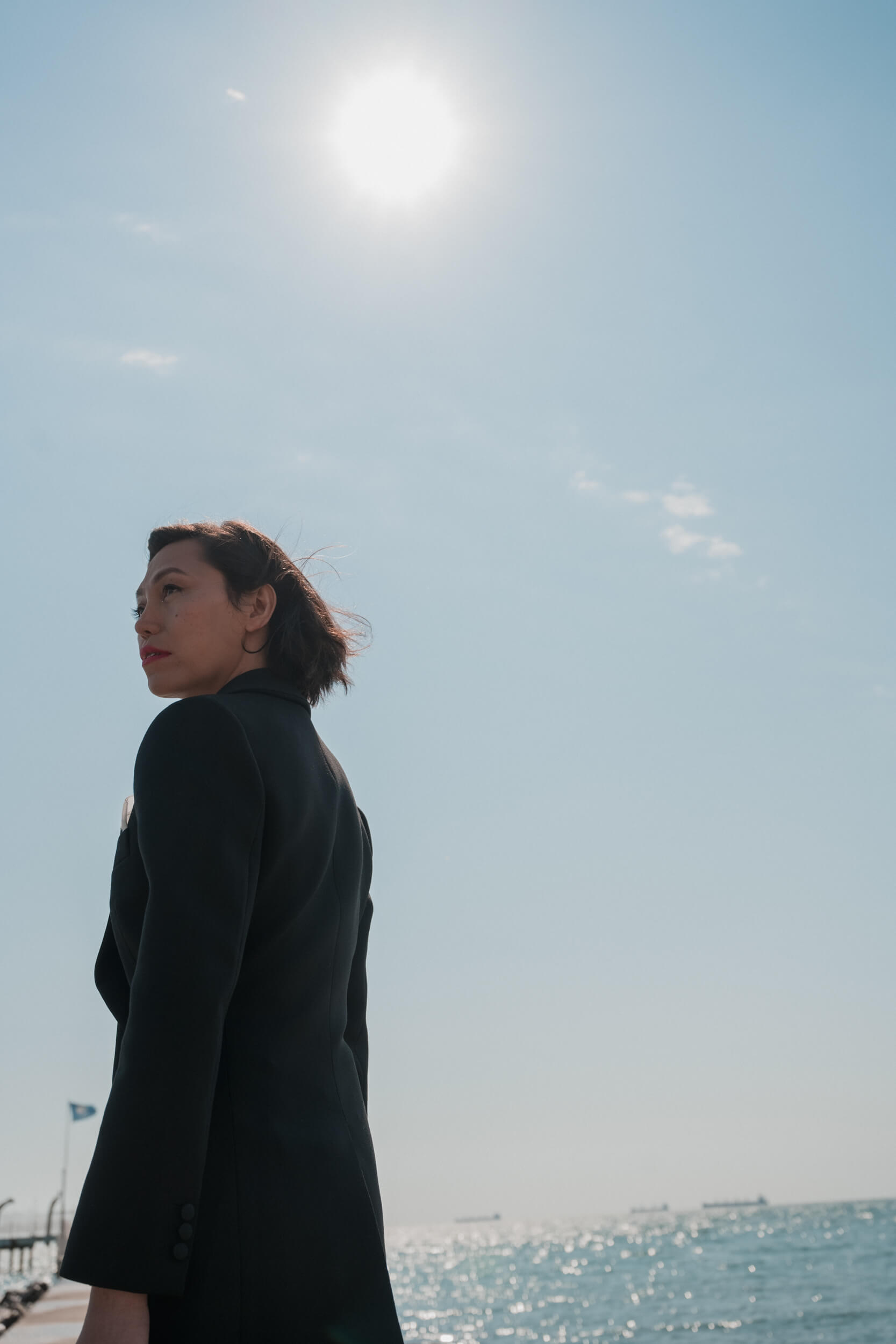
Did you personally choose the dresses? Was it a way, for you, to emphasize the story? The dress in the scene where there are the fireworks is amazing…
Yes, I chose them personally. The Miu Miu dresses that they had were actually quite stimulating for me because that’s where I got the idea of a goddess wearing this, I imagined a warrior would be wearing this, a princess would be wearing something like that.
Can you tell us about your upcoming project “Tropical Gothic”?
I finished the script for “Tropical Gothic” and it’s going back to the Philippines, again, not the modern Philippines, but the Philippines in the 16th century, which is early on during the Spanish colonial regime. I got the idea for that movie when I first watched Hitchcock’s “Vertigo,” which would be the most quintessential male-gazed movie, and I thought, “How can I subvert that in cinema, into a story that is about the female gaze being self-aware of a male dominator?” That’s how I came up with a story of this native priestess: when the Spanish ravaged the Philippines, they seized all the properties and the farms from the natives, so this Filipina native priestess desires to pretend to be possessed by the spirit of a Spanish master’s dead wife so that she can manipulate him and get back her propriety and farm.
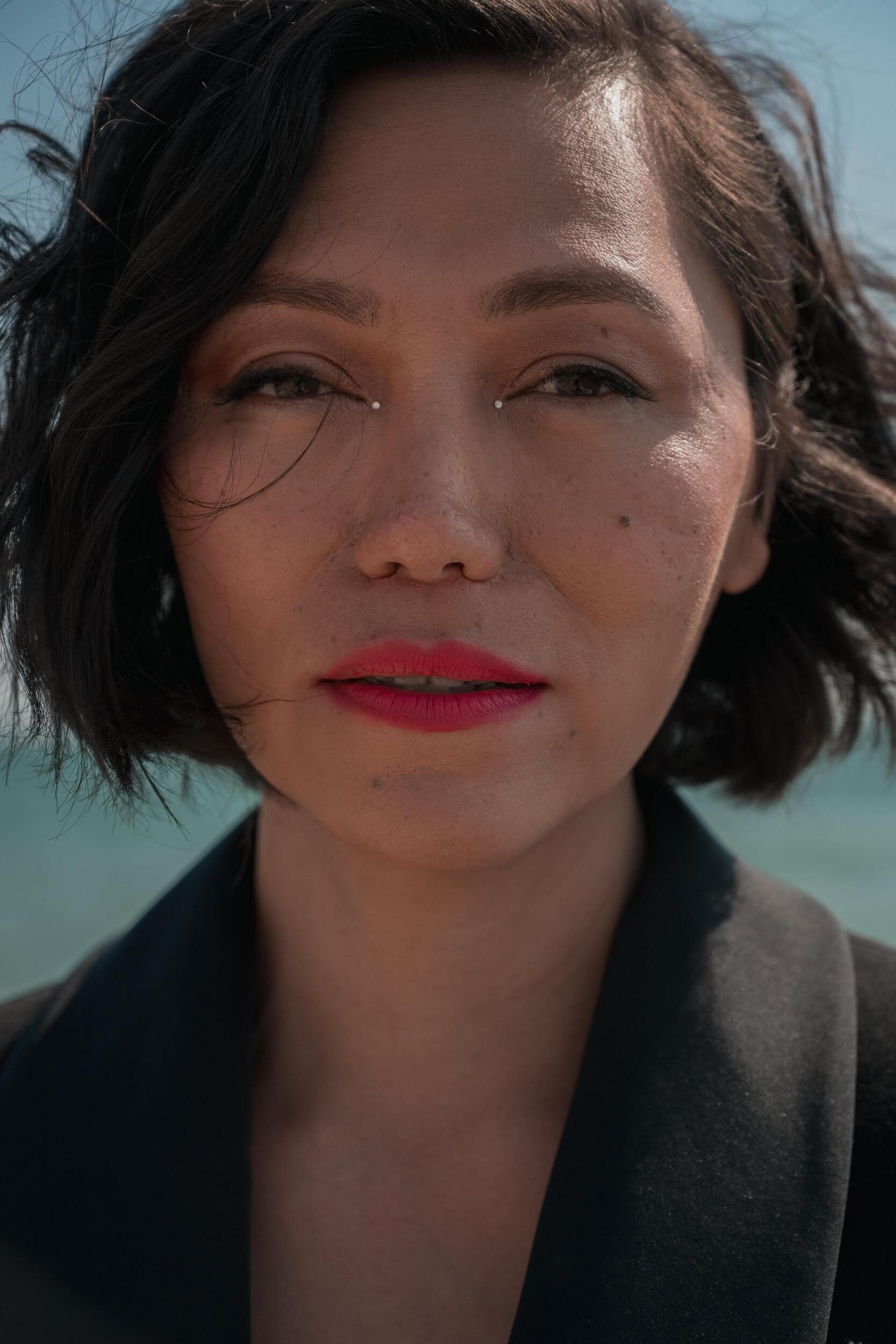
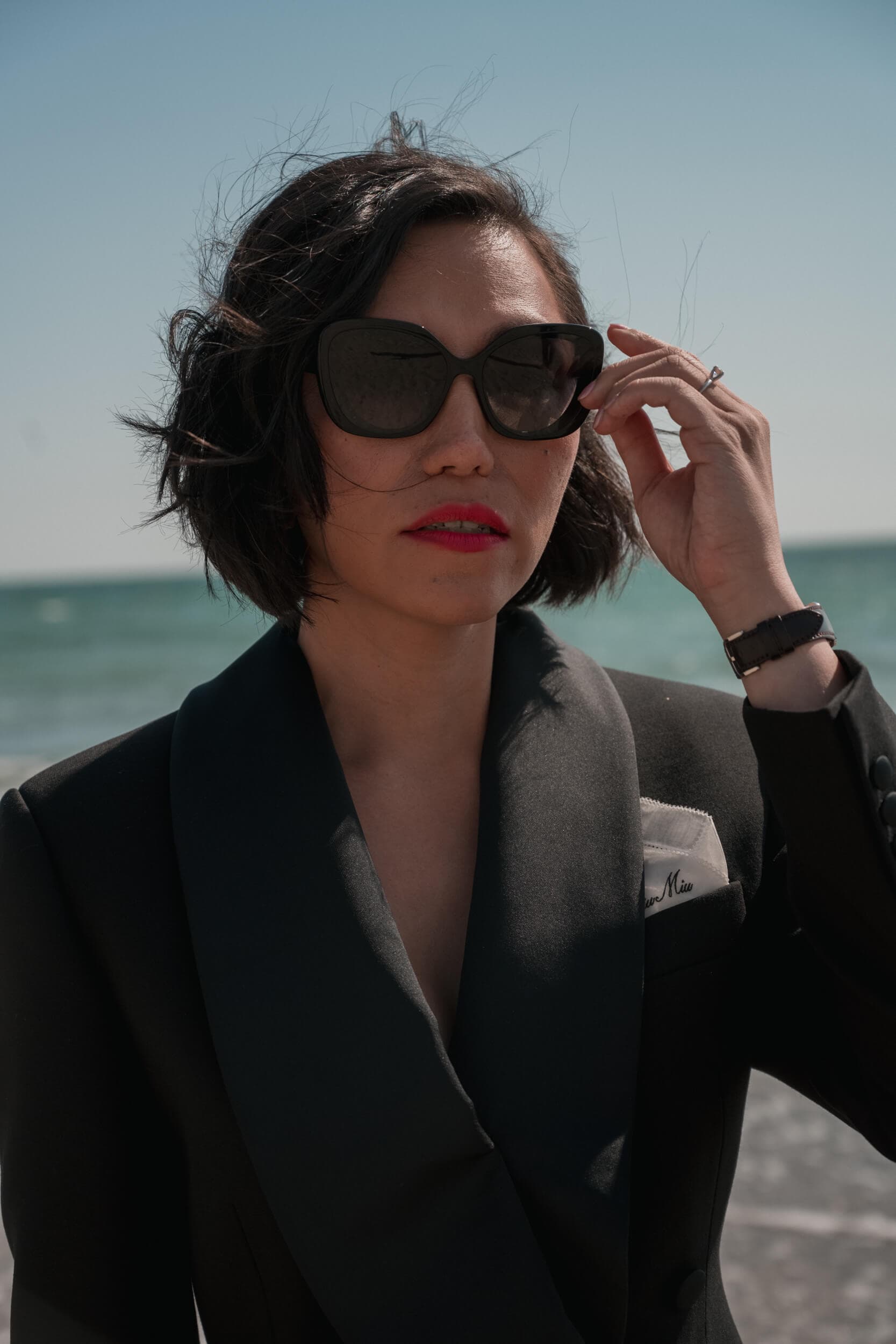
I can’t wait to see it!
Hopefully, it premieres in the main competition here in Venice in two years, that’s my dream!
Great, so we’ll see you again in two years!
How would you describe your experience as a director so far?
I’ve been very lucky because I’ve worked with producers that really trusted my voice and my talent. I feel like I thrive the most when I’m given the freedom to really realize my creative vision for my film, and I hope to continue doing that. I think the success of my work depends on that ability to retain that internal integrity of my vision, and although I’m trying to get my foot in the door in Hollywood, I don’t want to lose sight of that because if that’s worked for me until now, I’m not going to stop.
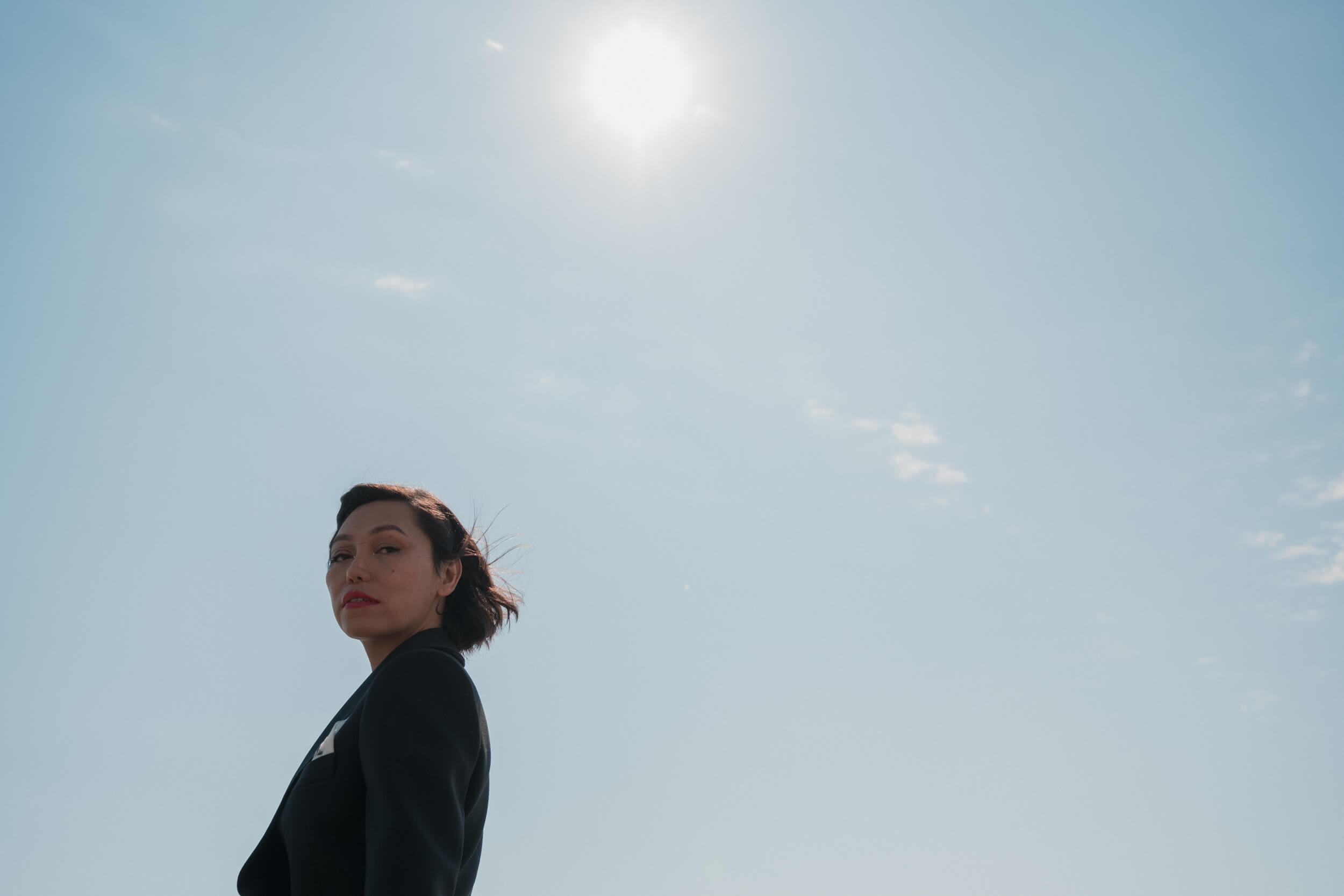
“I think the success of my work depends on that ability to retain that internal integrity of my vision…”
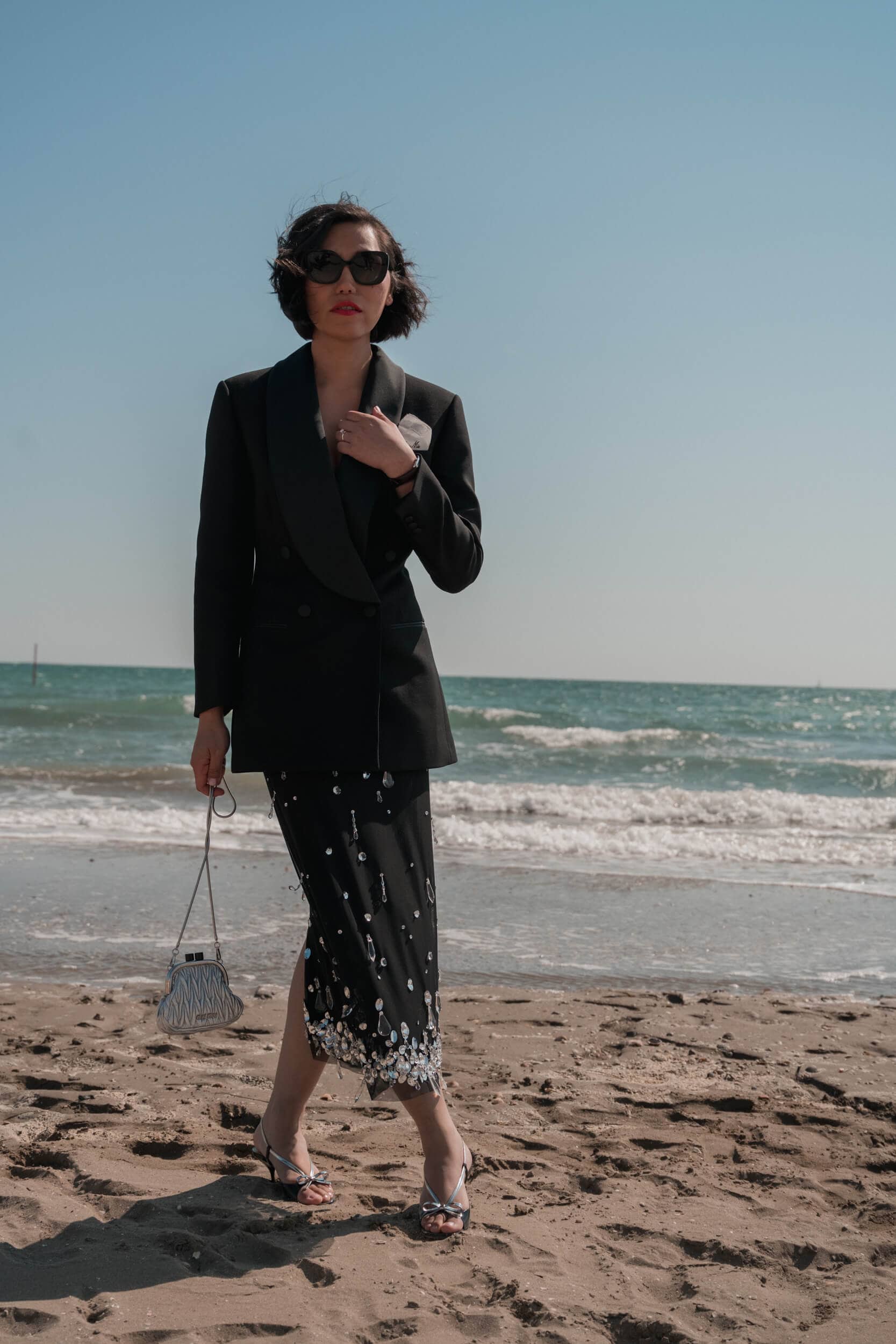
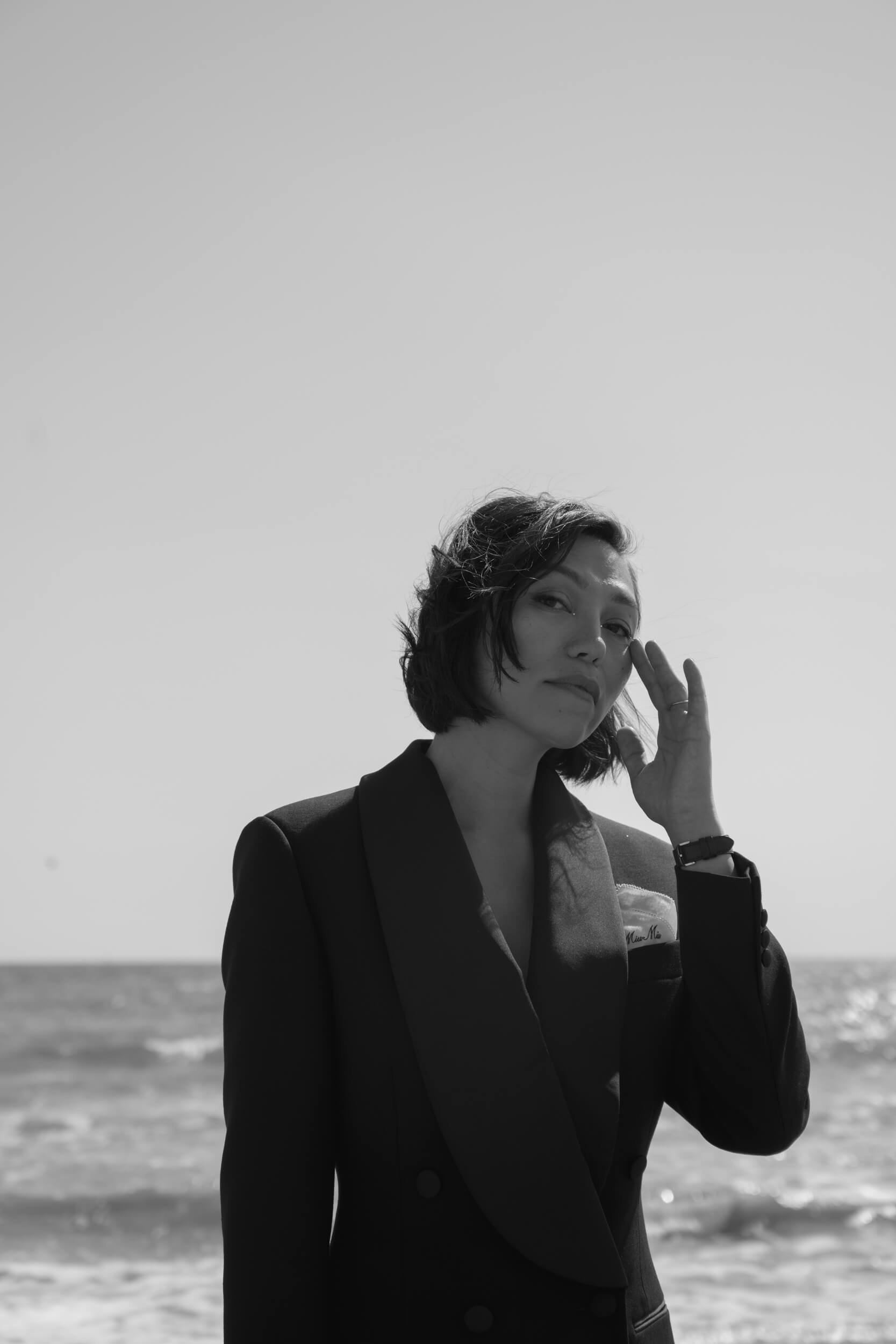
How would you define your style, film-wise?
Film-wise, I think the films I’ve made have a very political theme impulse, with a tone and a sensibility that’s lyrical and poetic and sensuous. I was very much inspired by the films by Wong Kar-wai, like “In the Mood for Love,” but also an opposite extreme, the very austere and aesthetic minimalism of Chantal Akerman with “News from Home” and “Jeanne Dielman.” I feel like my films and my style represent whole other opposites, in a certain sense.
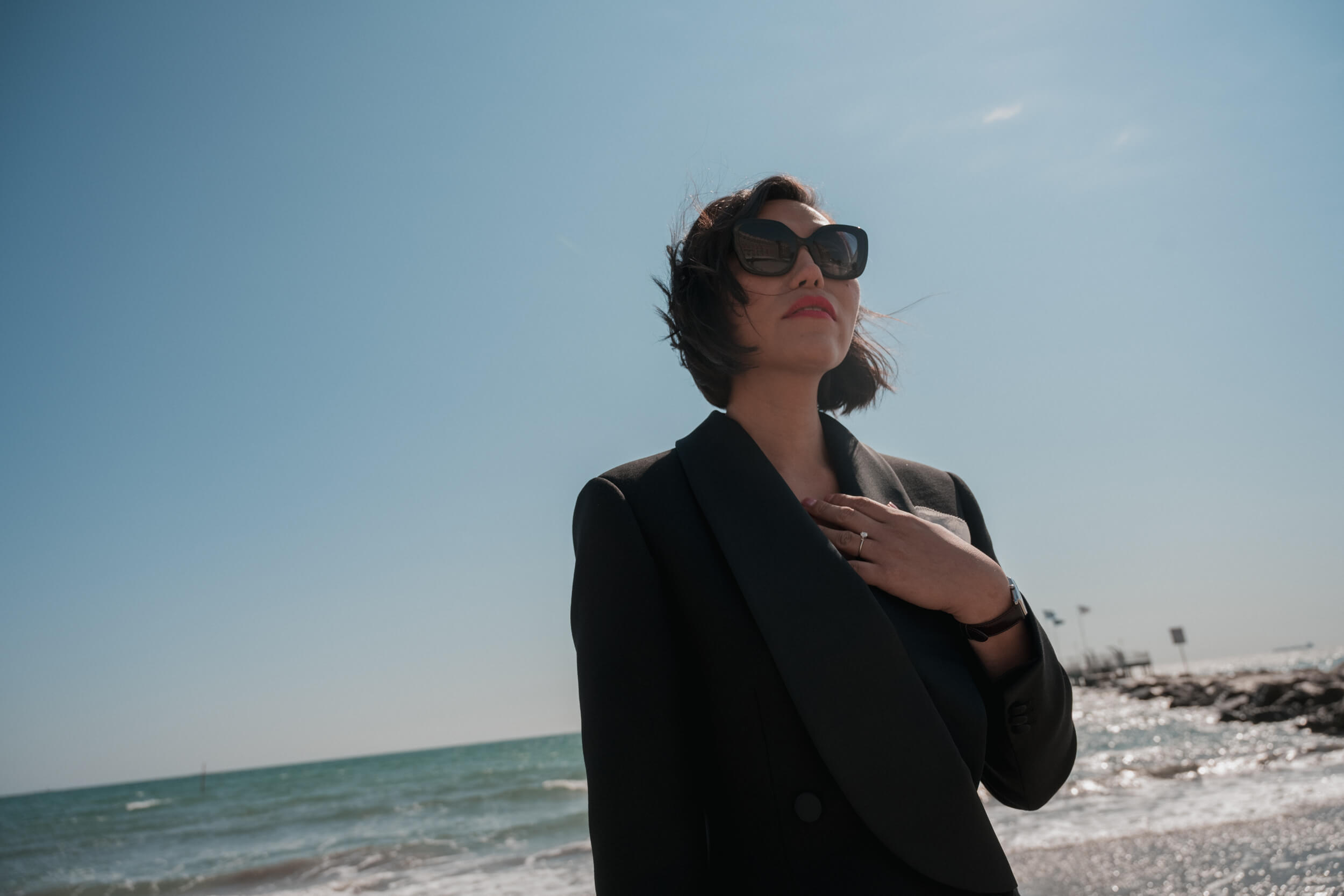
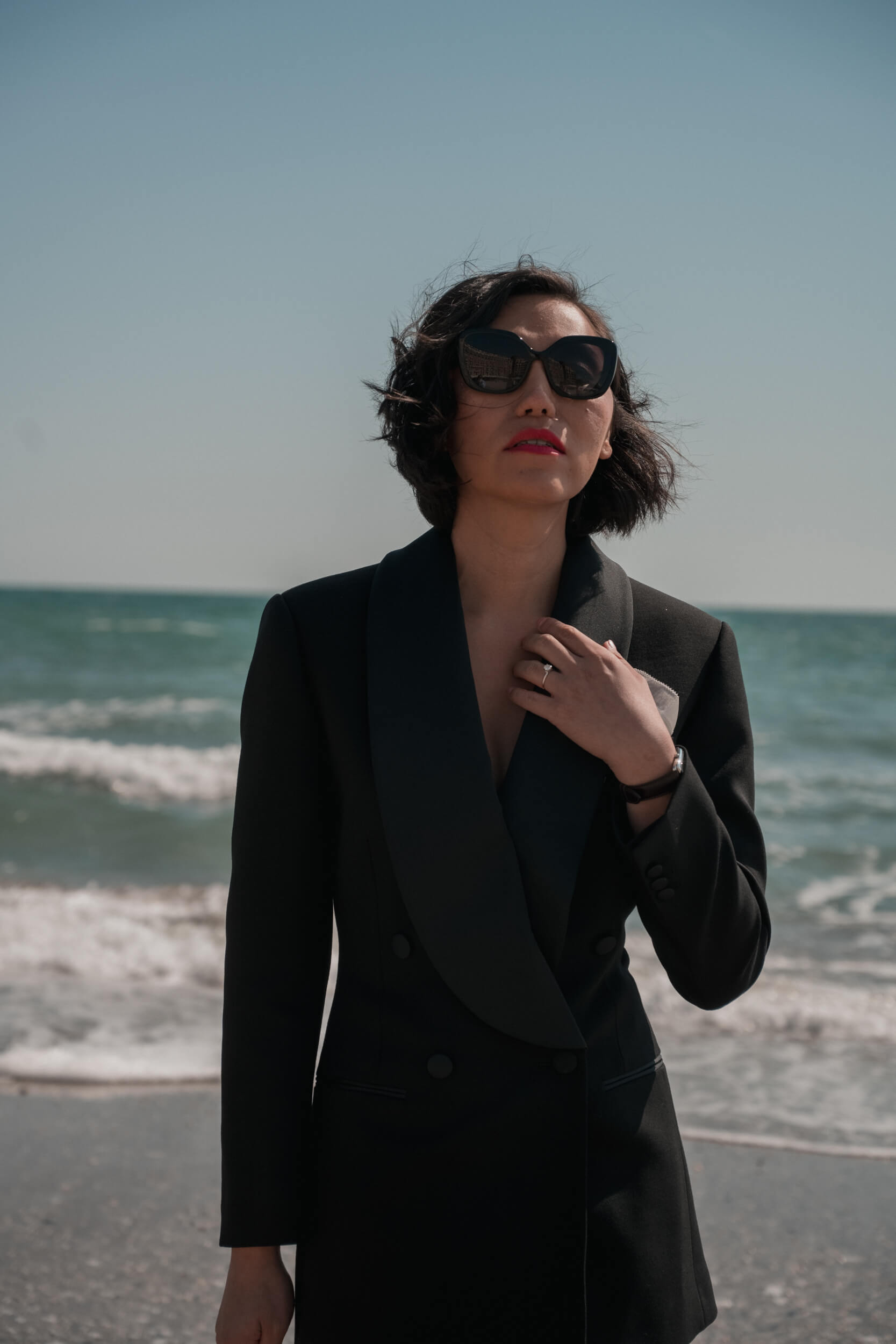
“Film-wise, I think the films I’ve made have a very political theme impulse, with a tone and a sensibility that’s lyrical and poetic and sensuous.”
I also think that, as an actor or as a director, when you make a film, you get in touch with parts of yourself that maybe you didn’t know because you go deep inside yourself. What’s the latest thing you discovered about yourself, also thanks to your work?
My role as an artist is bringing an emotional experience in the audience and the viewers of my films because, at the end of the day, and this is to paraphrase Maya Angelou: people are not going to remember specific and/or intricate details of the plot of the movie, and they’re not going to remember certain quirks of your characters, but they will never forget how your film made them feel. As long as I know what emotional destination I want for my audience to have, that will be my guide in crafting a story.
“My role as an artist is bringing an emotional experience…”
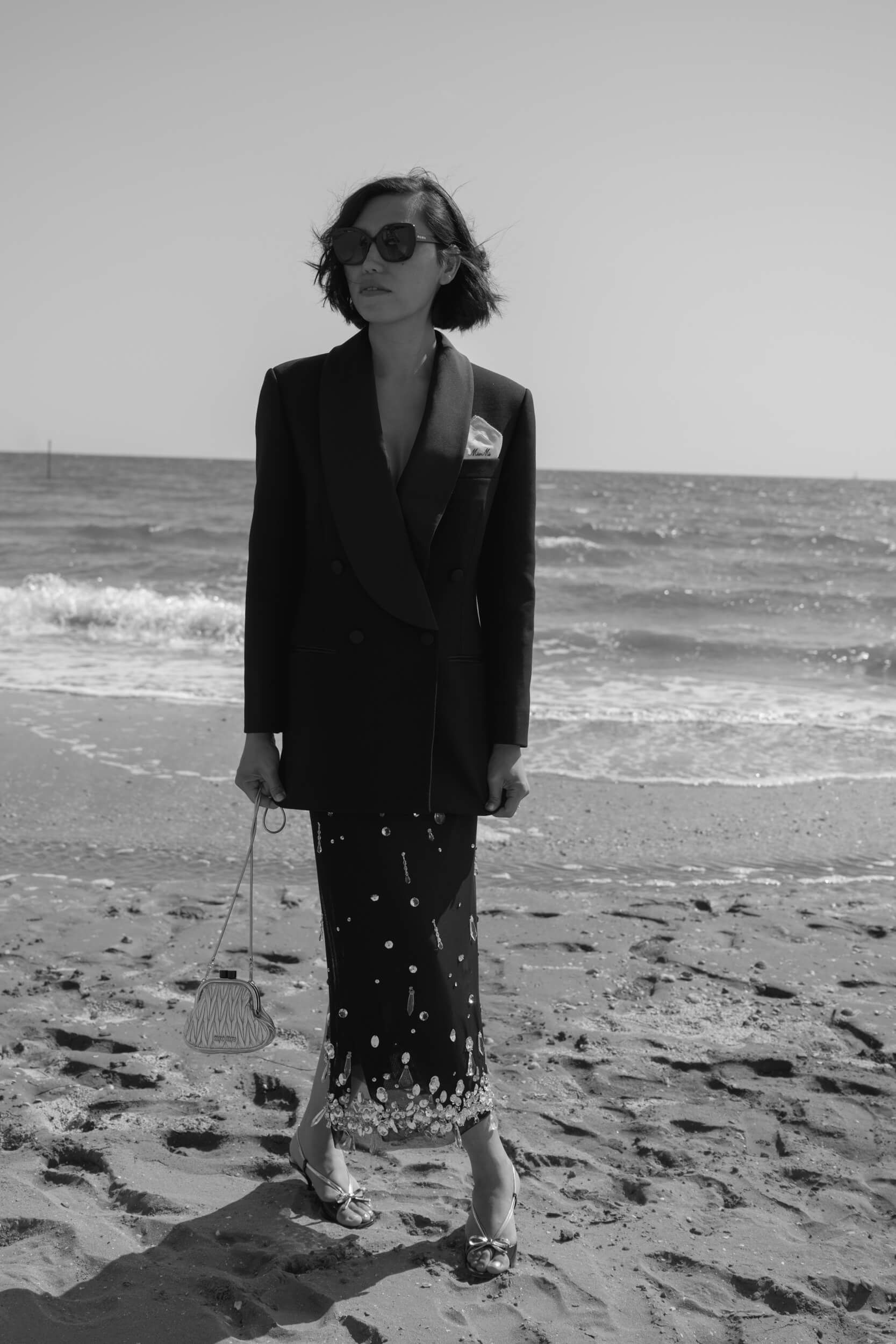
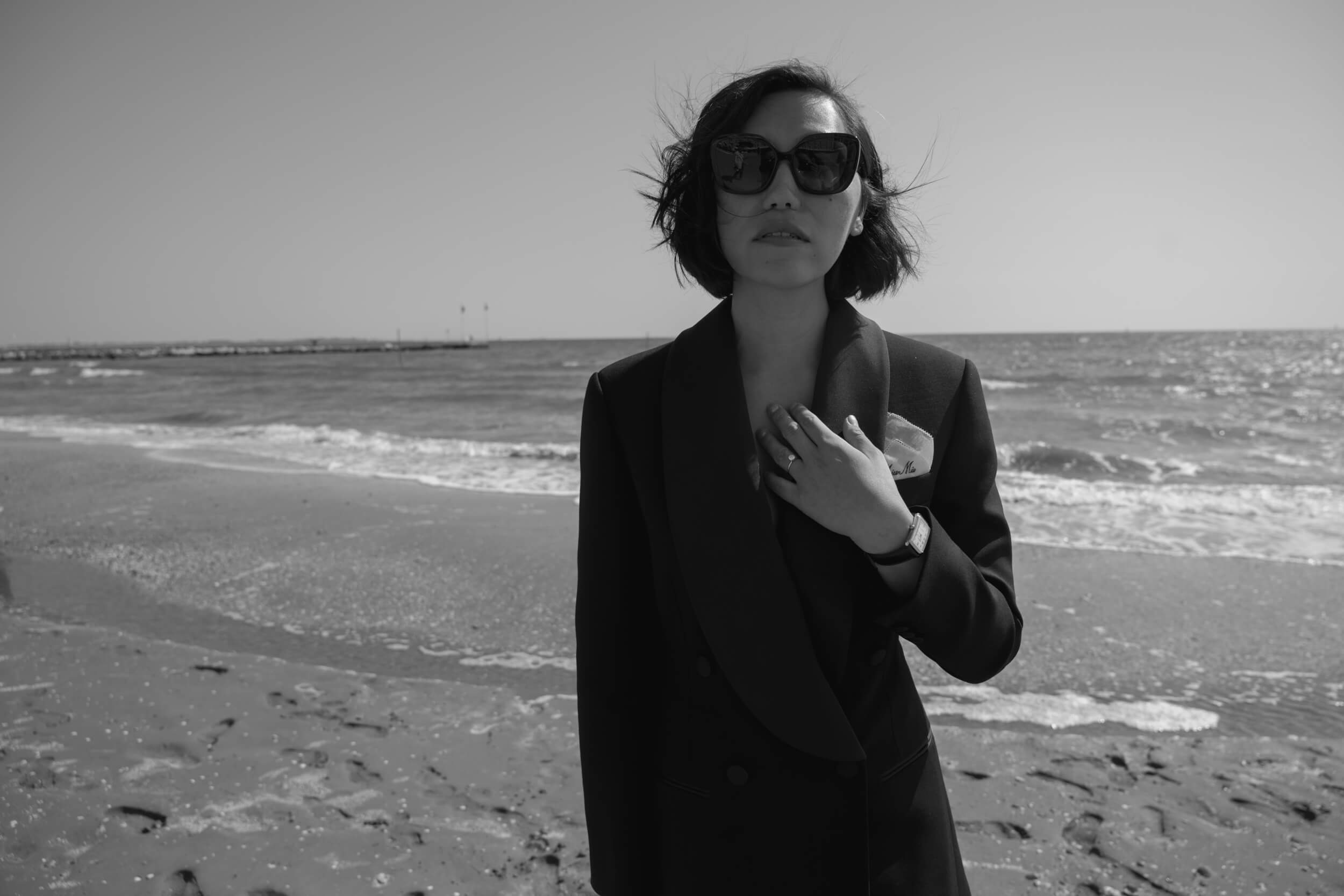
Photos by Johnny Carrano.

